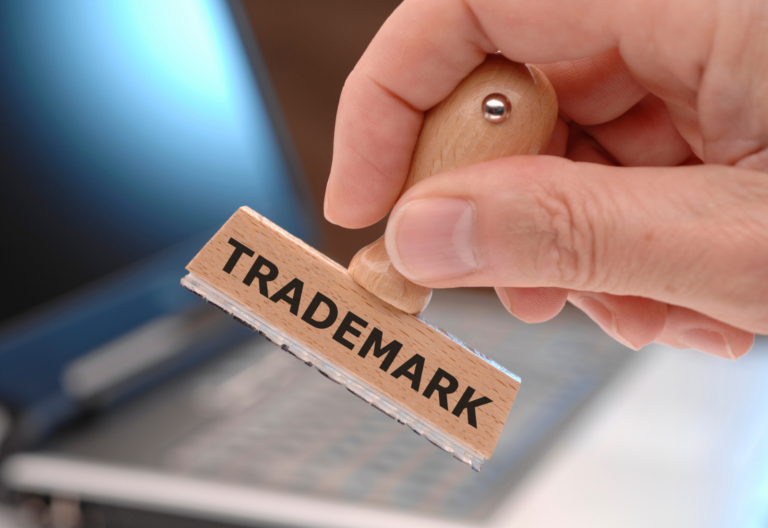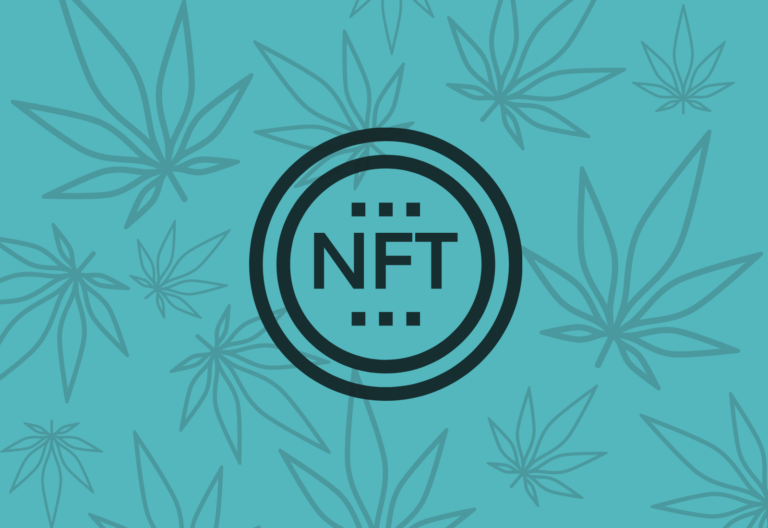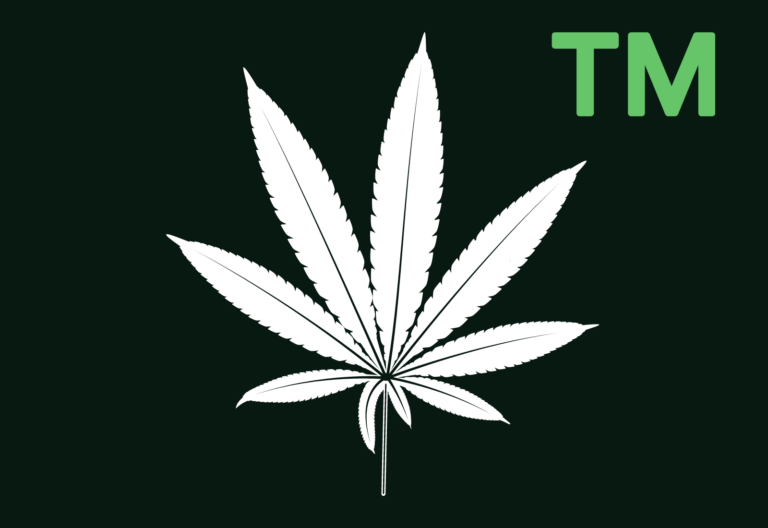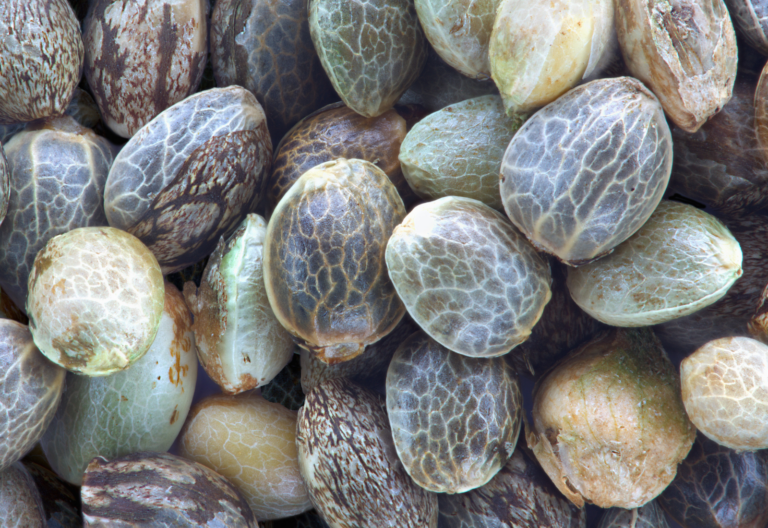
Cannabis Patents Q&A
It should come as no surprise that the number of applications for cannabis patents has been steadily increasing in recent years. In this post we discuss the basics of the subject, with a focus in the United States. While patent systems usually bear some similarities, some of the details may be different in other countries.


















